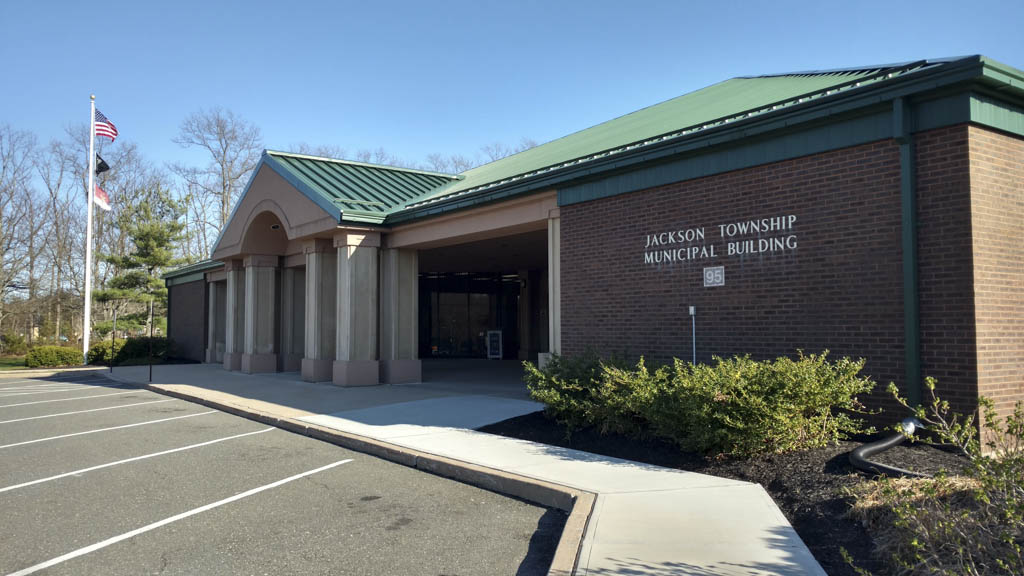JACKSON – Members of the Jackson Zoning Board of Adjustment have denied an applicant’s request to construct a wireless telecommunications facility in a residential zone on Cassville Road.
T-Mobile Northeast LLC/Eco Site LLC/Pyramid Network SVS LLC sought a use variance from the board to construct a 100-foot-tall monopole in a zone in which such a structure is not permitted. The Cassville Road property where T-Mobile wanted to construct the monopole is zoned for residential use.
A lightning rod to be placed at the top of the monopole would have brought the height of the tower to 105 feet, according to testimony presented to the board.
During public hearings, the applicant’s representatives testified the monopole was needed to close a gap in the company’s coverage area. After testimony regarding the application concluded on May 16, zoning board members discussed the application.
The board’s vice chairman, Sheldon Hofstein, said he thought the applicant proved the “lack of reliable service” is T-Mobile’s responsibility and not the responsibility of Jackson.
“I think there is a substantial detriment to the aesthetics of the neighborhood and the area of the surrounding neighborhood,” he said.
Hofstein noted that the applicant’s appraiser did not include homes in Jackson in a discussion of how the placement of a telecommunications facility could affect the value of a property. He said he believed there was a “safety factor” issue with the monopole’s proximity to houses and the nearby road.
“You say there is a fail safe way to do these monopoles, but nothing is fail safe. We have seen it time and time again. You could guarantee maybe 99 percent, but if a relative of yours gets injured or killed by a falling pole, it is on your call,” Hofstein said.
Board member Alexander Sauickie III said he “feels for the applicant a bit” in terms of the amount of time the application had taken to reach a conclusion.
Sauickie referenced a Feb. 13 Township Council meeting and said council members instructed the township’s business administrator to discuss the possibility of offering township property to the applicant.
He asked the applicant’s representatives if the township had reached out regarding the possible use of municipal property for the monopole and the applicant’s response was that they were never contacted after February.
“I am certainly not happy with the town’s response (following the discussion) by the council in February and no follow up on that, so I certainly will put that into the record,” Sauickie said.
Sauickie expressed concern that the Cassville Road property where the applicant wanted to construct the monopole is in a residential zone and he said the monopole would be a “pretty permanent structure.”
“While I realize there is a need, (the applicant) made the case there is a need, the need does not seem that great to rush into a permanent structure when frankly at some point a piece of property owned by the town could become available,” he said. “In general, I think putting this (monopole) on a residential piece of property goes against the town’s master plan despite the town not responding.”
Board member Carl Book made a motion to grant the applicant the use variance, but his motion did not receive a second.
Hofstein then made a motion to deny the use variance. His motion received a second and on a roll call vote, Kathryn McIlhinney, Sauickie and Hofstein voted “yes” to deny the application. The board’s chairman, Stephen Costanzo, and Book voted “no.” The motion to deny the use variance was approved, 3-2.

